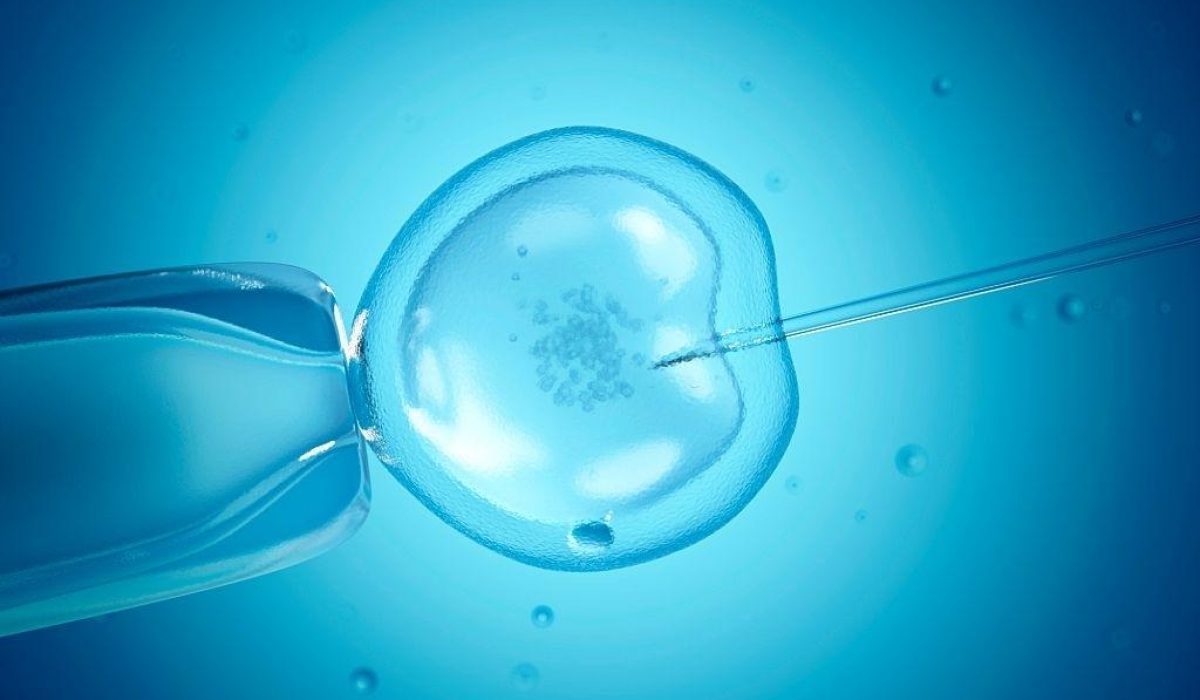Fertility Center
IVF
The fertilised eggs are allowed to grow in the laboratory for 2 or 3 days before being replaced in the woman’s uterus (womb). It is the treatment of choice for women with blocked, damaged or absent fallopian tubes but, it is also used when there are moderate sperm abnormalities or the infertility is unexplained. An ovary has a pool of immature eggs. In a woman’s natural cycle, it is usual to produce one egg each month, which is released from the developing follicle (fluid filled sacs) two weeks before the next period starts. In IVF cycles the aim is to achieve the growth and development of several follicles in order to maximise the chance of collecting several eggs.
Injections of follicle stimulating hormone (FSH) are taken from the start of the cycle to stimulate growth and when the follicles are mature the eggs are collected. These are then put together with the sperm in the laboratory to allow fertilisation to take place. The fertilised eggs are allowed to grow in the laboratory for 2 or 3 days before being replaced in the woman’s womb (uterus)
- The IVF Cycle

![[Downloader.la]-61967a0e2b75c Computer artwork of medical nanorobots aiding the fertilization of an ovum by sperm.](https://finneyhospital.com/eesooloo/elementor/thumbs/Downloader.la-61967a0e2b75c-pj5fhl9nz3r54rzv9jxl9mmfrtlbp0qqvvswpsqq8o.jpg)
![[Downloader.la]-61967a0e2b75c Computer artwork of medical nanorobots aiding the fertilization of an ovum by sperm.](https://finneyhospital.com/eesooloo/elementor/thumbs/Downloader.la-61967a0e2b75c-pj5fhl9nz3r54rzv9jxl9mmfrtlbp0qqvvswpsqq8o.jpg)
- Stimulation of the ovary with fertility drugs to enhance egg production (superovulation).
- Preparation of motile sperm from the male. Mixing of eggs and sperm in the laboratory to allow fertilisation to occur.
- Preparation of motile sperm from the male. Mixing of eggs and sperm in the laboratory to allow fertilisation to occur.
- Selection of the one or two (occasionally three in some circumstances) best embryos and transferring these to the uterus (embryo transfer) .
